| |
|
|
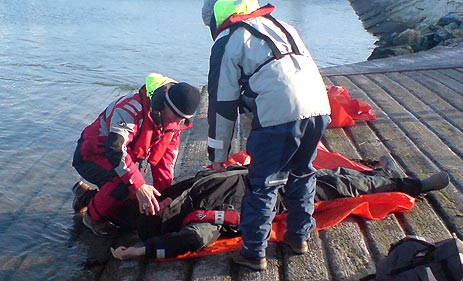
Commercial Training
We provide training for people who plan to work commercially on the water, whether it’s skippering (including charter boats), diving or fishing. We also ensure you are legally compliant on all
the required regulation, such as;
Code of Practice for Fishing Vessels under 15m
The Personal Survival Techniques Course intends to provide those who go to sea professionally with essential basic knowledge and experience that can be applied to maximise their chances of survival
in the event of an emergency.
Every type of vessel have specific safety regulations governing the use of that vessel. All shipping vessel, regardless of size, must carry lifejackets/personal flotation devices for each person on board.
Everyone on board a vessel of less than 23 feet (7.0 metres) in length must wear a lifejacket/personal flotation device.
Passenger ships licensed to carry more than 12 people
Under the Merchant Shipping Act 1992, are required to pass an annual safety inspection carried out by the Department of Transport.
Fishing vessels
The use of safety equipment on fishing boats is regulated by the Fishing Vessel (Personal Flotation Devices) Regulations, 2001. The Regulations state that a lifejacket or personal flotation device
must be provided for every crew member on any fishing vessel registered and licensed in Ireland.
The crew members must wear a lifejacket or personal flotation device at all times when on an exposed deck or at all times on open vessels that do not have internal accommodation. This applies equally whether
the boat is at sea, in harbour or coming to and from moorings.
In addition, the Merchant Shipping (Life-Saving Appliances) Rules, 1967 and the Merchant Shipping (Life-Saving) (Amendment) Rules, 1999 mandate that the skipper of the vessel ensures that all lifejackets
are of an approved standard.
Radio installations
Fishing vessels: Under the Merchant Shipping Fishing Vessel (Radio Installations) Regulations 1998, every registered fishing vessel must install a radio installation in compliance with the requirements
of the Global Maritime Distress and Safety System (GMDSS).
The radio installation must be capable of transmitting and receiving different types of radiocommunications such as distress alerts and messages, urgency and safety messages, meteorological information
and public correspondence. In addition, the installation must be capable of transmitting and receiving locating signals.
The Maritime Radio Affairs Unit (MRAU), which is a unit within the Marine Survey Office of the Department of Transport, is responsible for the implementation of these Rules and Regulations and is responsible
for surveying and inspecting radio installations and the issuing of Safety Radio Certificates.
Radio licences
The licensing of maritime radio systems is regulated by the Wireless Telegraphy Act, 1926. Every ship that has a radio system installed must also carry a Ship Radio Licence.
Every vessel that is equipped with radio equipment must also carry at least one qualified marine radio operator. Details of Ships Radio Licence Training Course Providers are available from the Maritime
Safety Directorate in the Department of Transport.
If you have any enquiries relating to our commercial services, please call us on (087) 280 7028 or e-mail us at info@truelightmarine.ie. |
|
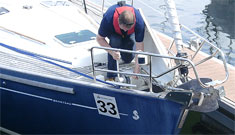
BOAT MAINTENANCE To ensure the maximum enjoyment of the season, Truelight Marine offer service programs, available weekly to suit your needs. more about boat maintenance >>
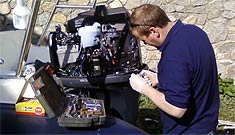
BOAT REPAIRS Truelight Marine specialises in boat repairs, generally carried out on-site, but we also offer to repair your boat or boat engine at our workshop. more about boat repairs >>
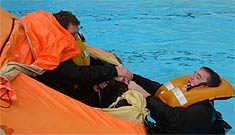
BOAT SAFETY While accidents do happen, knowledge and preparation go a long way toward returning to the dock safely. more about boat safety >>
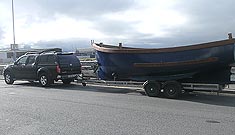
TRANSPORTING YOUR BOAT We provide door to door service and base our business on customer service and satisfaction. We never compromise on these beliefs. more about our boat transport >>
|
|




